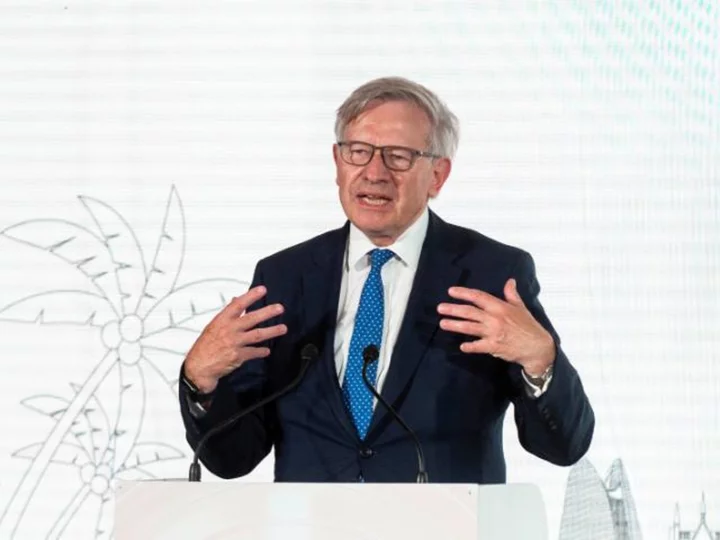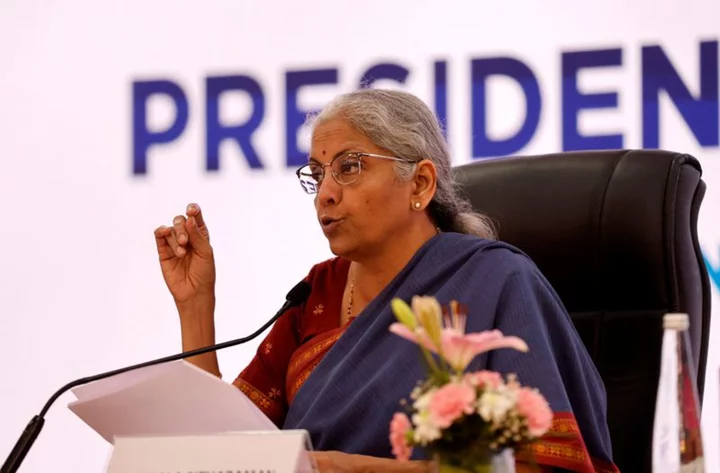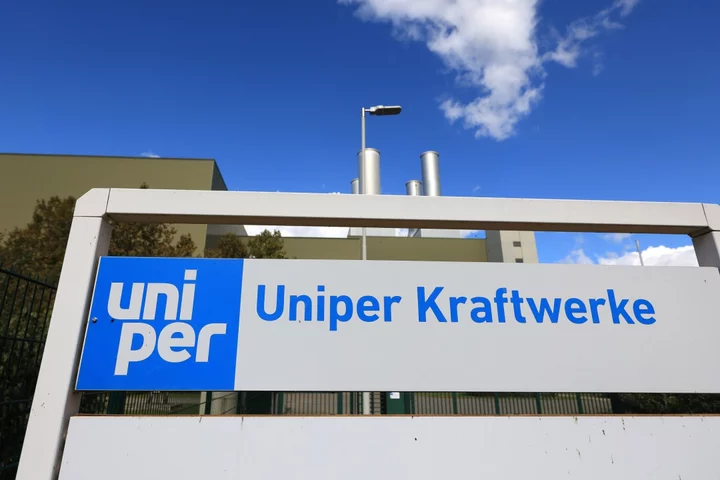An influx of Chinese firms seeking to list in Hong Kong will drive a recovery in the city’s office space market over the next two to four years, according to the head of Gaw Capital Partners.
Chinese investment banks and securities firms eyeing business from stock listings will replace multinational companies that are reducing their footprint, said Goodwin Gaw, chairman of the Hong Kong-based private equity firm that has about $36 billion in assets under management.
“Hong Kong is going through a structural change” as the city becomes more integrated with mainland China, giving it an edge over cities like Shanghai, Gaw said. “A lot of this demand will come back, but it may not come from the multinationals or the US banks.” His firm is also seeking to increase its presence in Southeast Asian markets like Vietnam, and is looking at “oversold” office space in San Francisco.
Gaw’s optimistic outlook on Hong Kong is rare in a city where office vacancies have surged to record levels, driven by a cutback in the investment-banking workforce and the shifting of major firms to rival financial hubs like Singapore.
Read More: Hong Kong Tycoons’ Skyscraper Vacancies Signal Deep Market Shift
Hong Kong now accounts for about 10% of Gaw’s portfolio, while mainland China assets have dropped to about 25% of the total. Occupancy in Gaw’s office space in Hong Kong is still “pretty good,” ranging in percentages from the mid-80s to 90s, he said.
For now, the firm, which piled into the city’s commercial real estate market during the pandemic, is unlikely to acquire more, biding time for a recovery. Instead, Gaw favors office space in parts of the US, where valuations have become very attractive.
“West Coast offices like San Francisco or Seattle will probably be the sector I’m most interested to invest into now, because I think it’s oversold,” said Gaw, who expects companies there to push more workers to return to the office.
Uncertainty about when interest rates will peak globally means the firm is being “quite cautious” in using new capital, with the exception of private credit. A Gaw spokesperson said the firm is seeking to allocate $2 billion to $3 billion in that sector over the next two years, with about $1 billion already deployed in the last two years.
Southeast Asia
As firms seek to diversify from China amid geopolitical tensions, Southeast Asian markets like Thailand and Indonesia become more attractive, said Gaw. The exception is Singapore, which he sees as expensive.
“At the right time we’ll be selling,” he said, at the sidelines of the Forbes Global CEO Conference in Singapore Monday.
Gaw will continue to invest in logistics and data centers in mainland China, though it’s harder to find opportunities amid the broader property turmoil there.
“The whole process of correction is so long and so slow, especially for distressed deals that it’s hard for players like ourselves,” Gaw said.
Read how China’s credit wreck exposes governance failings
Beijing will have to do more to boost confidence, despite recent measures to spark homebuying through lower rates and easier access to mortgages.
“They do need to stimulate in stronger terms, they need to send a stronger signal,” Gaw said.









